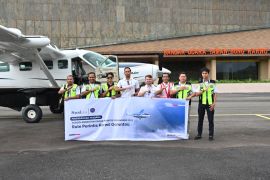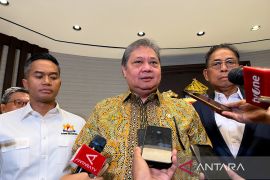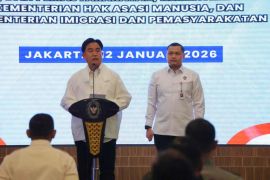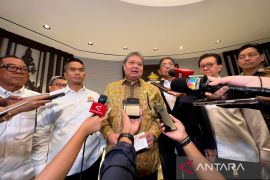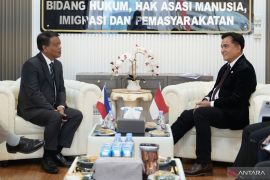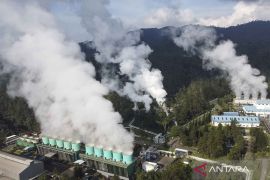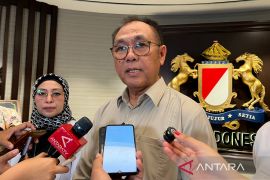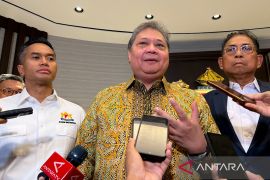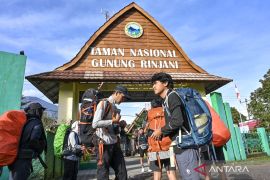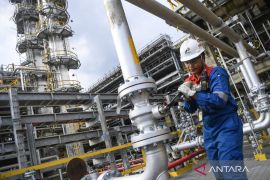The statement by the Indonesian Embassy in Vienna was received by ANTARA here, Tuesday.
At the meeting, the Indonesian delegation was led by Head of the Indonesian Representative in Vienna Febrian A. Ruddyard and officials from the Indonesian Nuclear Energy Regulatory Agency (Bapeten) and the National Nuclear Energy Agency of Indonesia.
The CNS Review is a meeting held every three years to review nuclear infrastructure and oversight for the national nuclear safety.
In his opening remarks, Director General of the International Atomic Energy Agency (IAEA) Yukiya Amano highlighted the role of the convention as a vital mechanism in strengthening nuclear safety in member states.
The 7th CNS Review Meeting was attended by about 900 participants from 80 member states and several non-party states as observers.
During the Country Group sessions, the Indonesian delegation, represented by Head of Bapeten Prof. Jazi Eko Istiyanto, submitted a national report on the implementation of nuclear safety at three research reactors owned by Indonesia in Serpong, Banten; Bandung, West Java; and Yogyakarta.
The Bapeten head remarked that at the experimental power reactor in Serpong, Indonesia will apply the principle of the Vienna Declaration on Nuclear Safety (VDNS).
The VDNS is a key product of the Diplomatic Conference to consider a proposal to amend the CNS, which was held in Vienna in February 2015.
The Indonesian government views nuclear safety as one of the important aspects in the development of nuclear power plants.
During his visit to Indonesia in early 2015, the IAEA Director General had asserted that Indonesia was on the right path of developing nuclear energy.
Indonesia plans to build experimental power reactors using the most advanced reactor technology that is more secure and efficient. These reactors will also be able to generate electricity and operate mineral processing, coal liquefaction, and desalination.(*)
Editor: Heru Purwanto
Copyright © ANTARA 2017

